Tamasha Movie Review: “Tamasha” (transl. Spectacle/Drama) is a 2015 Indian psychological coming-of-age romantic drama film written and directed by Imtiaz Ali and produced by Sajid Nadiadwala under Nadiadwala Grandson Entertainment. The film stars Ranbir Kapoor and Deepika Padukone, with the score and soundtrack composed by A. R. Rahman and lyrics by Irshad Kamil. Filming locations included Shimla, Delhi, Gurgaon, and Kolkata in India, as well as Tokyo and Corsica. The story follows Ved Vardhan Sahni (Kapoor) through three stages of his life—childhood, adolescence, and adulthood—using a nonlinear narrative. Let’s talk about Tamasha movie review, casts, release, production and story.
Released on November 27, 2015, “Tamasha” received mixed reviews. Critics praised the performances of Kapoor and Padukone but criticized the plot’s complexity. The film grossed ₹136.63 crore worldwide against its ₹87 crore budget. Although not a commercial success initially, “Tamasha” later achieved a strong cult following, particularly among young audiences.
At the 61st Filmfare Awards, “Tamasha” received four nominations, including Best Actor (Kapoor) and Best Music Director (Rahman), winning Best Lyricist (Kamil for “Agar Tum Saath Ho”). At the 2016 Stardust Awards, the film won Best Actress (Padukone).

Story
The film opens with an onstage skit performed by Ved (Ranbir Kapoor) and Tara (Deepika Padukone), depicting the monotonous office lives of people interspersed with flashbacks of their pasts. The narrative shifts to Shimla, where a young Ved is captivated by the tales of a roadside storyteller (Piyush Mishra) who jumbles up his characters.
The story then moves to a time when Tara meets an adult Ved during a holiday in Corsica. Instantly connecting, they make a playful pact to keep their real identities secret to avoid falling in love. They enjoy various antics, often pretending to be movie characters, with Ved as “Don” and Tara as “Mona Darling.” As their bond deepens, Tara realizes she is falling for Ved and decides to leave Corsica to avoid complicating their relationship. In another flashback, a young Ved questions the storyteller about why happy times end quickly, reflecting his growing awareness of life’s fleeting joys.
Back in India, Tara returns to Kolkata and takes over her father’s tea business, expanding it into a line of tea boutiques. Four years later, while in Delhi for work, she unexpectedly meets Ved, now a product manager. They reveal their true identities, and Tara is excited to rekindle their connection. However, she notices that Ved’s charismatic and carefree persona has changed. He now behaves more formally and follows a rigid, monotonous routine.
As they spend time together, Tara becomes disenchanted with Ved’s transformed, reserved demeanor. On his birthday, Ved proposes to her, but she declines, unhappy with this new version of him. Disheartened, Ved leaves and breaks down during the journey home, exacerbated by a conversation with his driver about crushed dreams. Ved’s borderline personality disorder is triggered, leading to erratic behavior at work, culminating in his dismissal.
Desperate, Ved pleads with Tara to return, but she gently tells him she misses the lively version of him from Corsica. She encourages him to rediscover his true self and apologizes for hurting him. Confused and frustrated, Ved departs in tears. The next day, he makes small changes to his routine, ultimately getting evicted from his workplace.
Ved returns to Shimla and clashes with his father, Brijmohan Sahni (Javed Sheikh), after revealing he lost his job and has been wandering. He then gains introspection and revisits the storyteller from his childhood, seeking to complete his own story. The storyteller challenges Ved to confront his irrationality and finish his story, which inspires Ved. He returns home and narrates family events through theatrics, earning his father’s forgiveness and approval to pursue his true passions.
Ved goes back to Delhi and retrieves the engagement ring from the hijra. In Tokyo, after a business meeting, Tara is surprised to see Ved, now back to his cheerful self. They happily resume their playful impersonations. The film then flashes back through Ved’s life stages as a child, adolescent, and adult. It returns to the opening skit, which Ved and Tara conclude before taking a bow to audience applause.
Main Casts
| Ranbir Kapoor | Ved Vardhan Sahni | Deepika Padukone | Tara Maheshwari |
| Piyush Mishra | Storyteller | Jawed Sheikh | Brij Mohan Sahni |
Production
In 2013, it was announced that director Imtiaz Ali would be making a film with Ranbir Kapoor and Deepika Padukone in the lead roles, initially titled “Window Seat.” Anushka Sharma was originally considered for the lead actress role, which eventually went to Padukone. The title was changed to “Tamasha” in 2014, inspired by a line from poet Ghalib: “Hota Hai Shab-O-Roz Tamasha Mere Aagey” (Your most personal thought is your life’s biggest spectacle). Ali described the film as a journey of someone who loses his edge while trying to conform to society, exploring themes of self-abrasion and the loss of identity in the attempt to fit in. He called it an intensely personal story that questions the systems we get trapped in and the crushed dreams of childhood.
Regarding the working title “Window Seat,” Ali explained it represents the thought that crosses one’s mind while sitting by the window of a train, watching the world go by, and wondering what life would be like if they stepped off the train at any given stop. He aimed to create a distinct tone for the film, making Kapoor’s character look attractive in Corsica and ordinary in Delhi. Both Ali and Kapoor met with Teejan Bai for research on narrations of the Mahabharata featured in the film.
Ali described Ved and Tara’s characters as “storyteller” and “emotionally agile,” respectively, noting that these characters were the closest to his own heart. When Ved and Tara meet for the first time in the film, they decide not to disclose their identities, a nod to actor Dev Anand. Kapoor took lessons from mime artists to perfect his dialogue delivery for these scenes. Pakistani actor Javed Sheikh was cast as Kapoor’s father. Costume designs were handled by Aki Narula for Kapoor and Anaita Shroff Adajania for Padukone, with outfits reflecting the film’s varying moods.
Release
“Tamasha” received a U/A certificate from the censor board on November 7, 2015. Certain scenes containing bawdy dialogue references and comments directed at Padukone’s character were muted. The censor board noted that the film included what they considered the longest kissing scene ever on screen, surpassing the one between Aamir Khan and Karisma Kapoor in “Raja Hindustani” (1996). On November 17, 2015, the British Board of Film Classification passed the film uncut with a PG certificate. A special screening of “Tamasha” was held at Yash Raj Studios on November 26, 2015.
The film was released on November 27, 2015, across approximately 2,100 screens in India and 571 screens overseas.
Share this content:
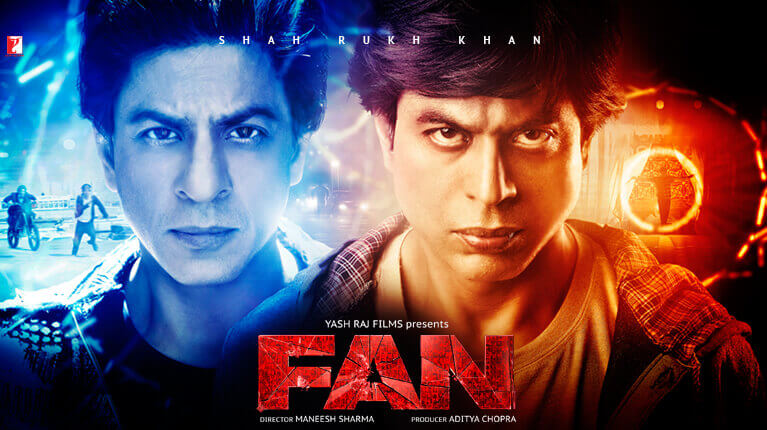
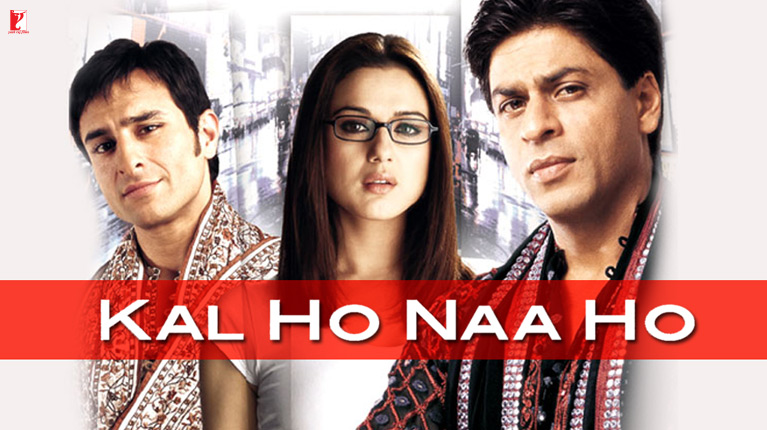
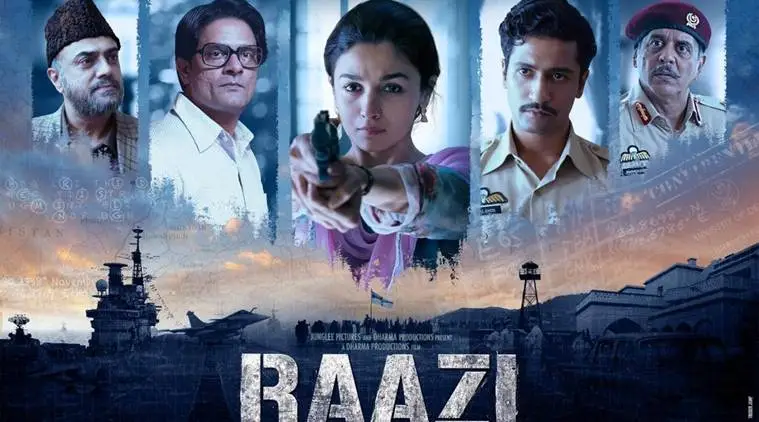
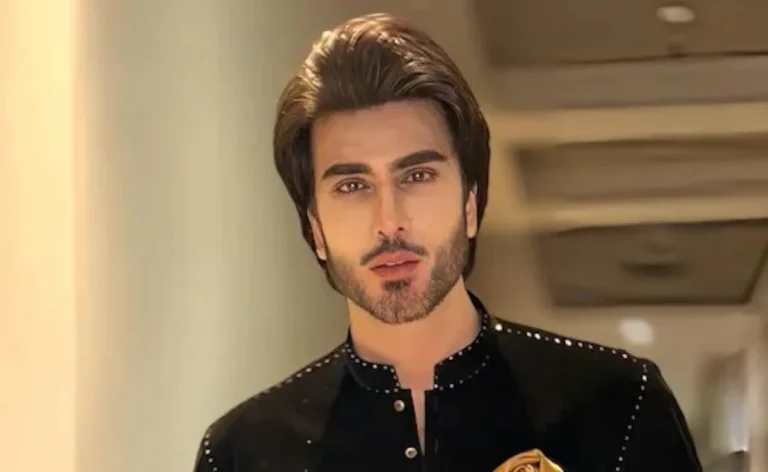
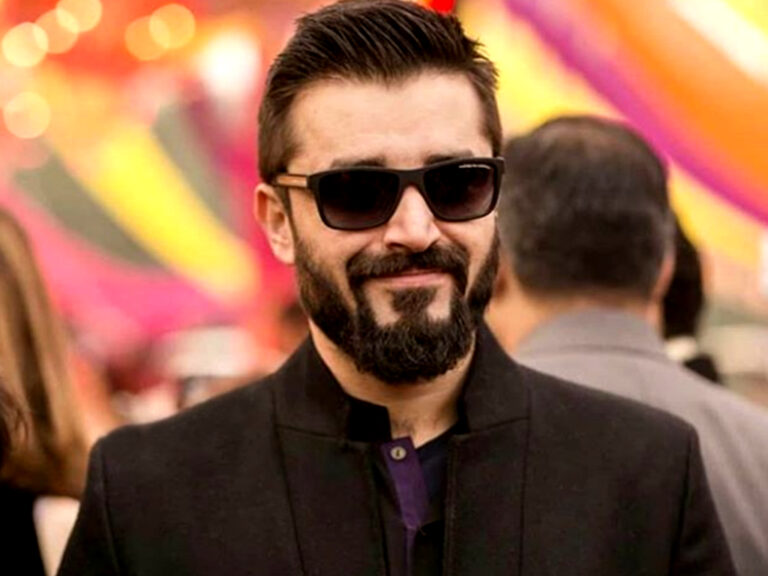
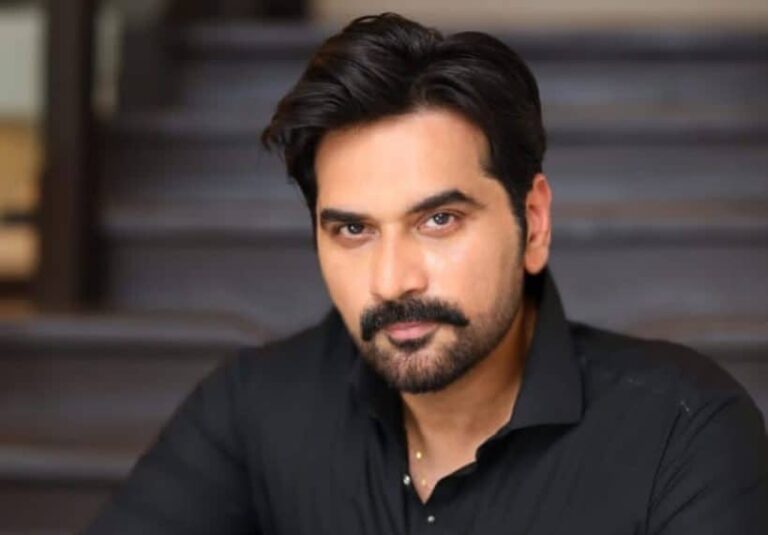

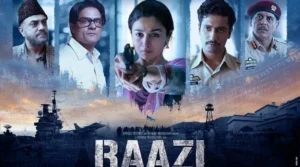
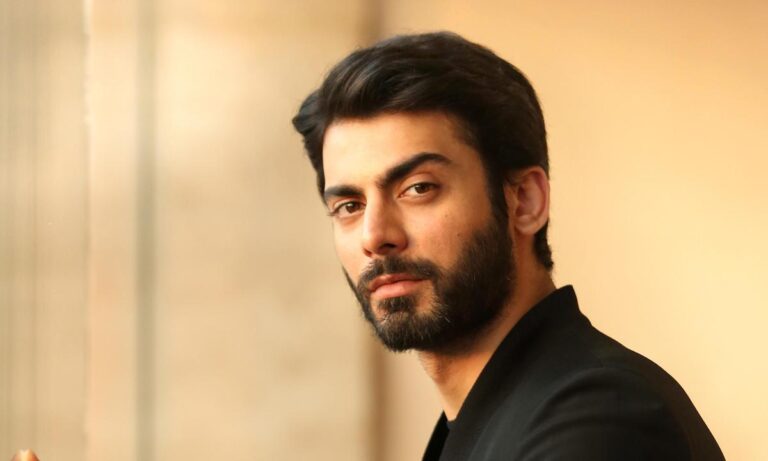
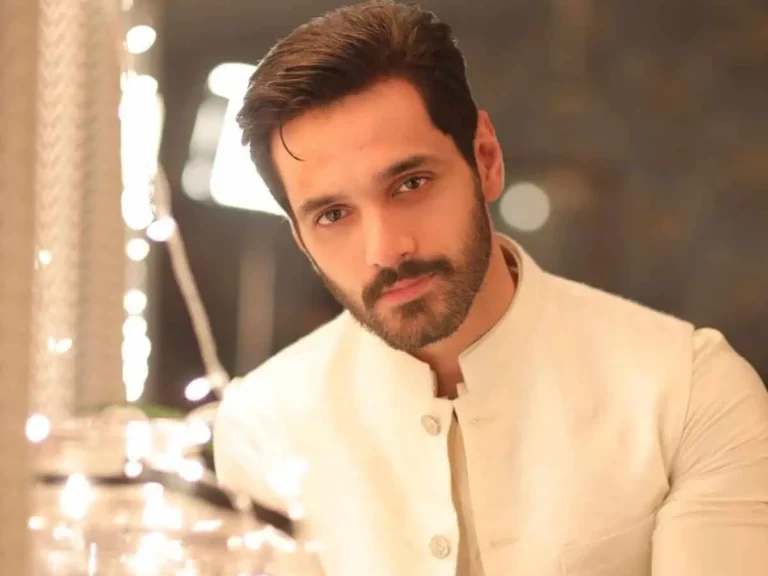
+ There are no comments
Add yours